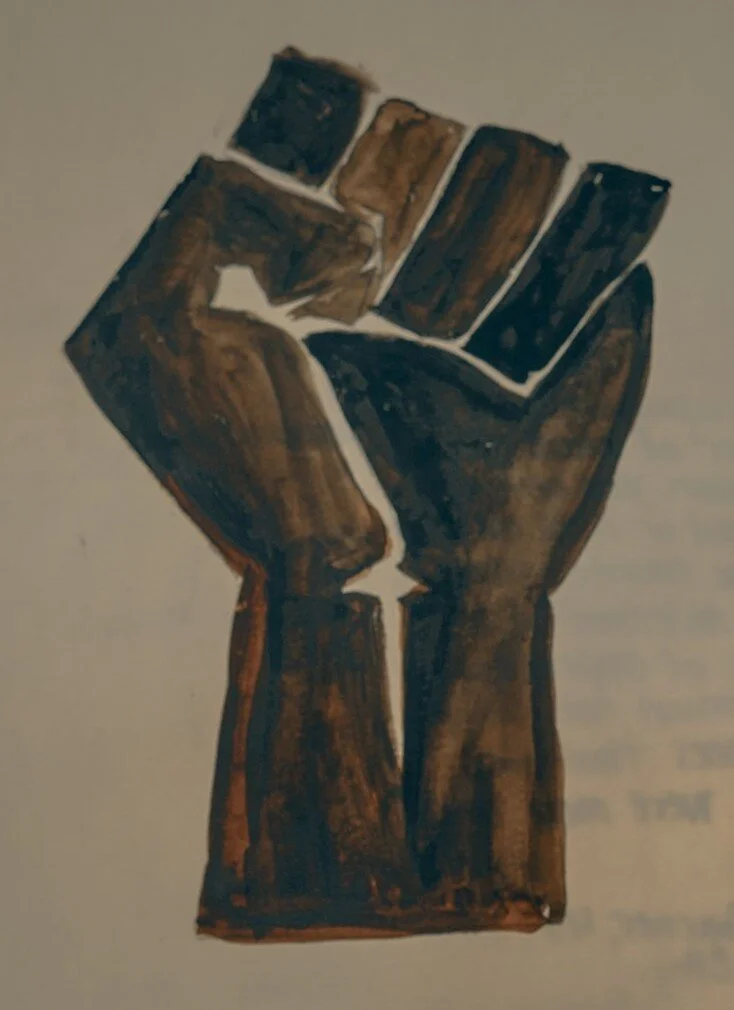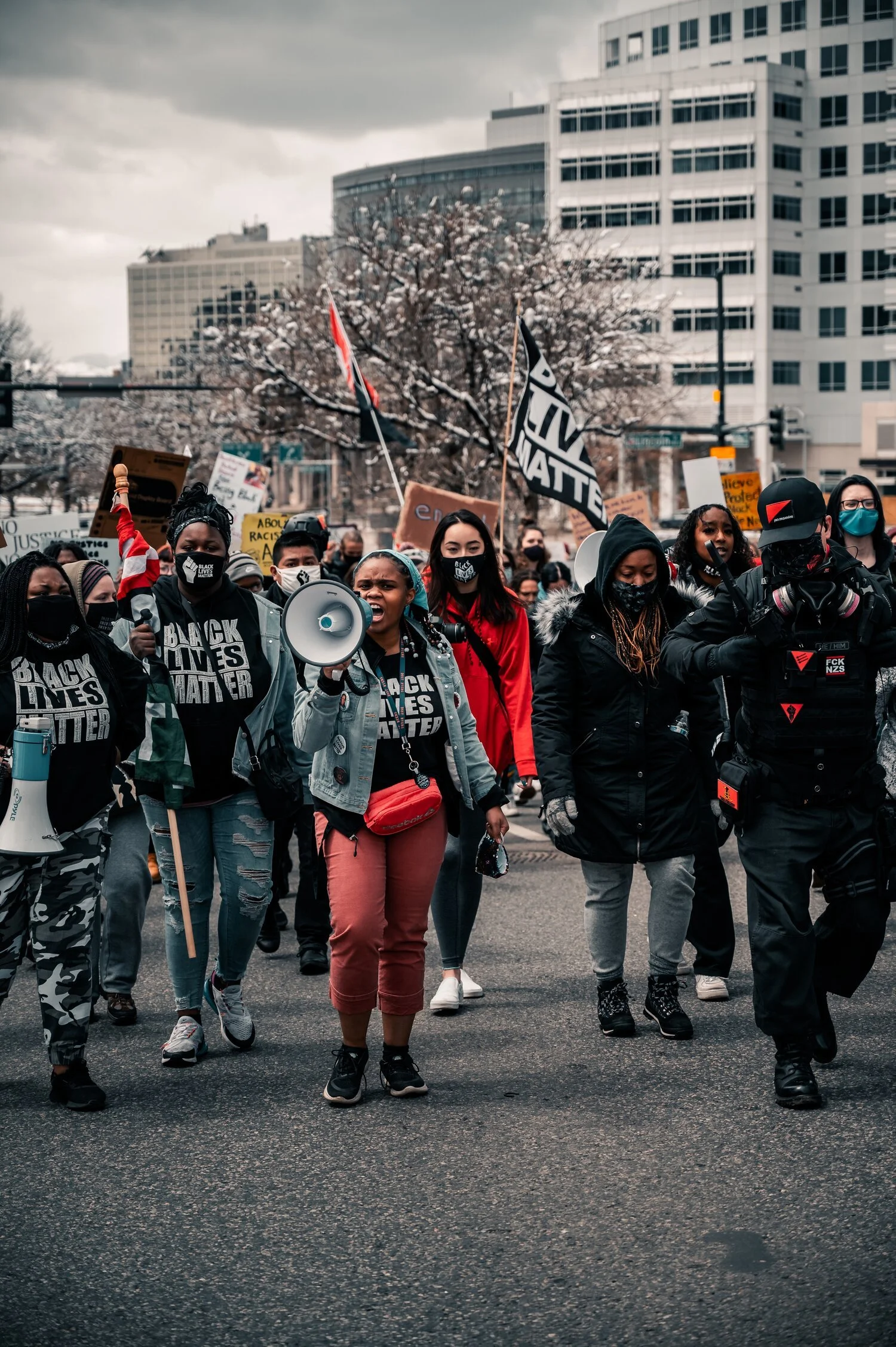Real Unity for Afro-Latinos and African Americans
by Miriam Jiménez Román
For much of the 20th century, a common sight in front of public and White-owned spaces were signs that read, “No niggers, no spics, no dogs allowed.” The struggle against racial discrimination created a common bond between African Americans and Latinos and other disenfranchised groups.
With the advent of the Civil Rights Movement, cooperation between African Americans and Latinos was a frightening development for the White power structure. We shouldn’t be surprised that in this first decade of the 21st century, the national conversation on relations between African Americans and Latinos—flames fanned by the media—has become so conflictive, so oppositional.
Once Latinos were tagged as “the nation’s largest minority” just prior to the 2000 Census, reports in mainstream media about Black versus Brown conflicts proliferated.The angry, adversarial tone expressed by Nicolas Vaca in his book “The Presumed Alliance: The Unspoken Conflict Between Latinos and Blacks and What It Means for America” received lots of press coverage. Other writings that claimed to diagnose the problem seemed to actually be efforts at creating one. Far more rare—and certainly less promoted—have been the more reasoned analyses, such as that of Ed Morales who in The Nation magazine attempted to counteract the trend by signaling a different and more complicated history.
When the so-called Brown-Black conflict is discussed, Latinos are usually presented in terms of a mythical, homogeneous grouping. Left out of the equation is the fact that millions of Latinos in the U.S. are Black. Afro-Latinos in the United States are made invisible, as are African descendants in Latin America. Our voices have been largely excluded from the debates and dialogues that are impacting our communities and our lives. The Afrolatin@ Forum is working to change that.
The Afrolatin@ Forum came into being to provide a voice of reason, balance and truth. We are a nonprofit organization that works to build and strengthen networks among Latinas and Latinos of African descent. Our focus is on Black Latinos in the U.S. and their relationships with other communities of color. By looking at the new face of this country, we recognize that some “Browns” are browner than other Browns, that some Blacks are also Latinos and that many Latinos are victims of racial—as well as cultural—discrimination. We are questioning the facile Black versus Brown paradigm and proposing a unifying Black AND Brown paradigm.
We work by organizing open community events where African descendants make their perspectives known, loud and clear. Since January 2007, we’ve held two events at the Nuyorican Poets Café in New York and organized a panel at the National Council of La Raza’s annual conference in Miami. Recently, we presented a forum which was co-sponsored by the Schomburg Center for Black Culture and El Museo del Barrio, two of the most important community cultural institutions in New York.
Hundreds of people assembled in the Schomburg’s Langston Hughes auditorium for a panel discussion entitled, “Black, Latino, Both: Afro-Latin@s and the Current Immigration Debate.” The ongoing immigration debate has highlighted the potential conflicts between the two communities, but it has also spawned numerous examples of unity and solidarity. This was in evident display both in terms of the composition of that day’s audience and the sentiments they expressed.
The distinguished panelists were scholars and activists of varied backgrounds, demonstrating the rich diversity of African descendant peoples who now make the U.S. their home: Silvio Torres-Saillant (originally from the Dominican Republic), Angela Pérez (a young immigrant from Colombia), Yvette Modestín (a native of Panama), and African-American scholar and activist Clarence Lusane. The panel was moderated by Afro-Puerto Rican lawyer and WBAI radio host Howard Jordán.
“Black, Latino, Both” was one of a series of activities organized by the Afrolatin@ Forum aimed at building networks and unity between African Americans and Latinos, with special attention paid to the experiences of Latinos of African descent. This event was the first of three to be co-hosted by the Schomburg Center and El Museo del Barrio. The next one, scheduled for May 17, will explore historical “Afro-Latino Lineages and Linkages.” The third event will be a hip hop summit in October.
We have also extended our work of bringing conversations about race and Latinos to other cities and are actively seeking organizational partners for joint collaborations. An example of this type of partnership is the panel we organized last month in Philadelphia at the invitation of the African American Museum.
Modeled on the format used at the Schomburg Center, “Black, Latino, Both” brought together Philadelphia-based Afrolatinas/os Evelyne Laurent-Perrault, Napoleón García and Councilwoman María Quiñones-Sanchez, who represents District 7 in that city, and Afrolatin@ Forum members Juan Flores and Ed Morales for an open and spirited dialogue. That evening, the panelists and audience again exposed the commonalities and diversity of the Afro-Latino community in the U.S. as we heard the ideas and opinions of Haitians, Venezuelans, Colombians, Puerto Ricans, Venezuelans and Dominicans in conversation with African Americans and other African diasporic peoples.
Afro-Latinos can play a significant role in challenging the ways that Latinidad and Blackness are usually pitted against one another in a competitive and mutually exclusive way. The Afrolatin@ Forum is reframing the struggle for justice and equality as one struggle, confident that only in our unity will we all stand with full dignity.
Miriam Jiménez Román, a scholar-activist based in New York, is the co-founder of Afrolatin@ Forum.


